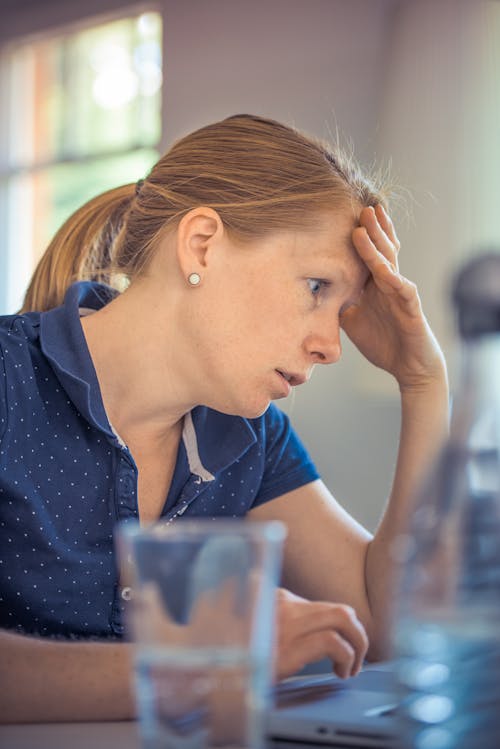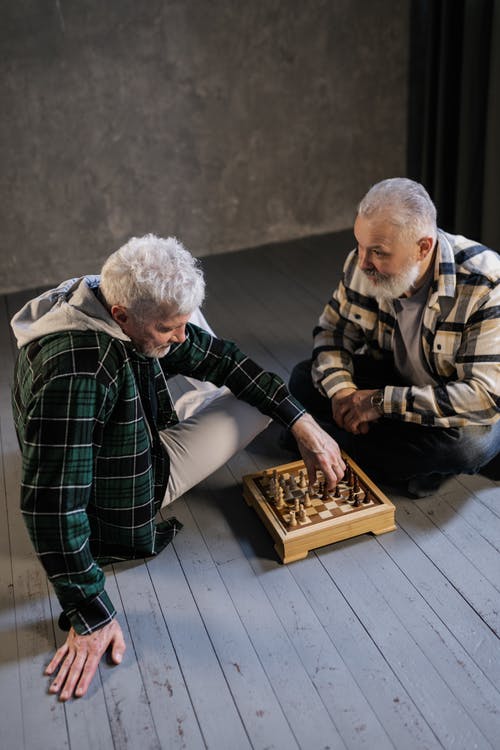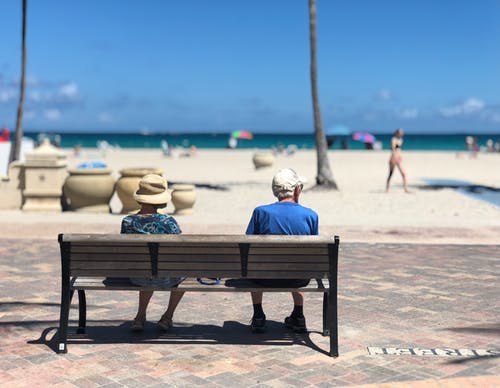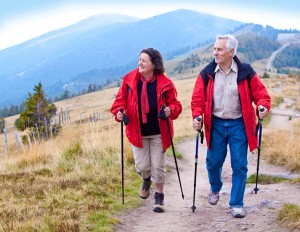As our bodies get older, it might be difficult for us to manage the way we handle stress. This is one of the problems that seniors face when they go through stressful situations.
When older adults are stressed, they are likely to experience health problems like Depression, Anxiety, Diabetes, Headaches, Asthma, etc.
Even though it might look impossible to eliminate all the stressors in the body, here are some tips to bring down stress levels in seniors

Keep social relationships
One of the ways that seniors can keep their stress levels down is to maintain social relationships. Keeping close relationships come in handy when you’re going through difficult situations and you need someone to lean on.
Having a good relationship with family and friends is one of the profound ways to ease stress feelings.
Engage in physical exercise
Another tip to reduce stress in seniors is to stay active. Older adults can benefit from exercise because it comes with mental and physical exercise.
A good rule of thumb is to engage in 30 minutes of exercise 3-4 times a week. Some of the physical activities that seniors enjoy doing are cycling, walking, gardening, yoga, etc.
Reduce work commitments
For seniors who are still working to earn a living, they need to reduce the volume of work-related activities that they handle to reduce their stress levels. They can consider delegating some of their duties so that they can have more personal time for self-care.
Take nutritious meals
Seniors should also be more intentional about what they eat. It would be best to reduce or stop the amount of fast food that they take. Rather it would be best to follow a good dietary plan from a nutritionist to know the right foods to take, and the ones to avoid.
Another habit that seniors need to incorporate is going for regular checkups from their healthcare provider. This is important to spot any underlying health issues that might become complicated if left untreated.








